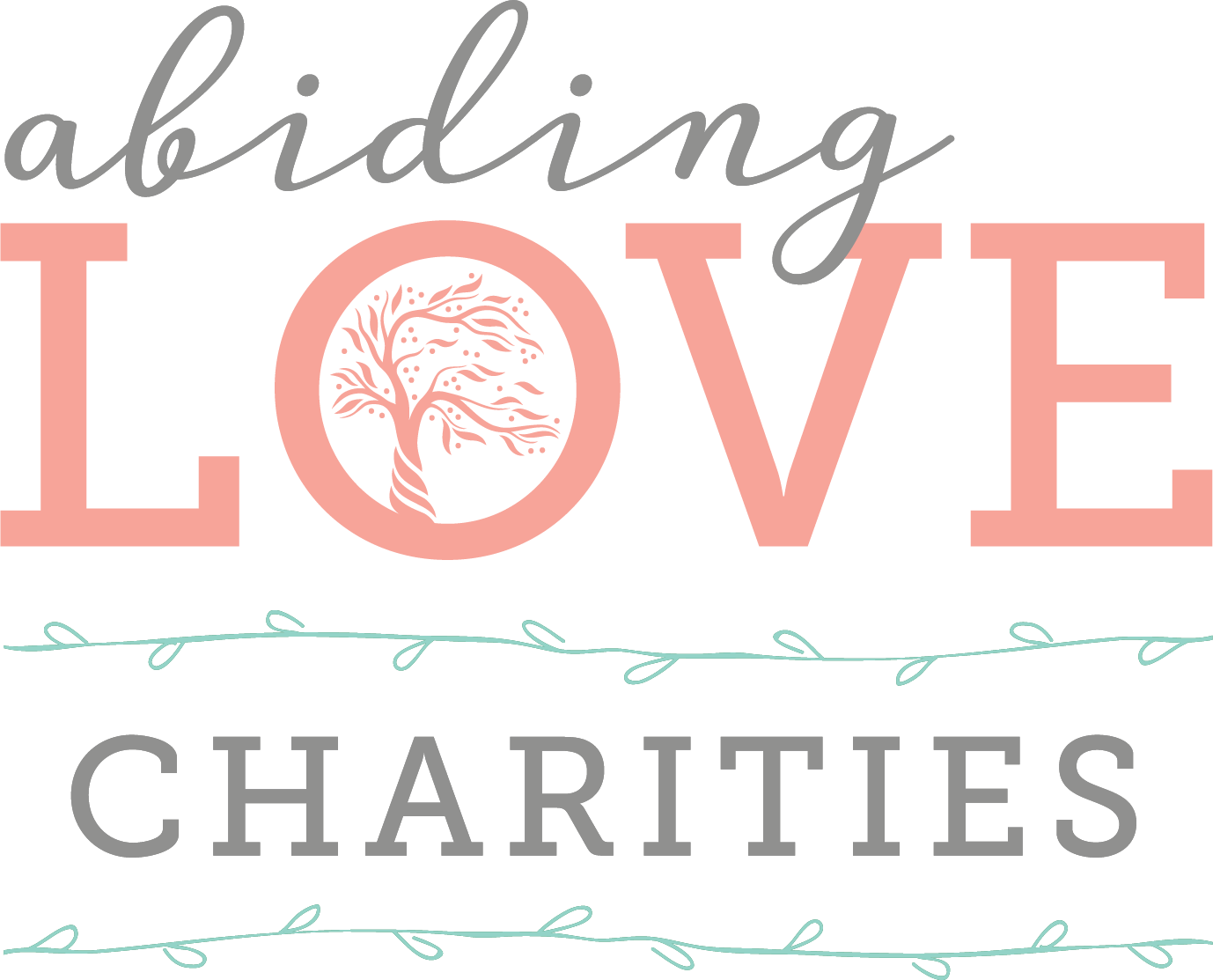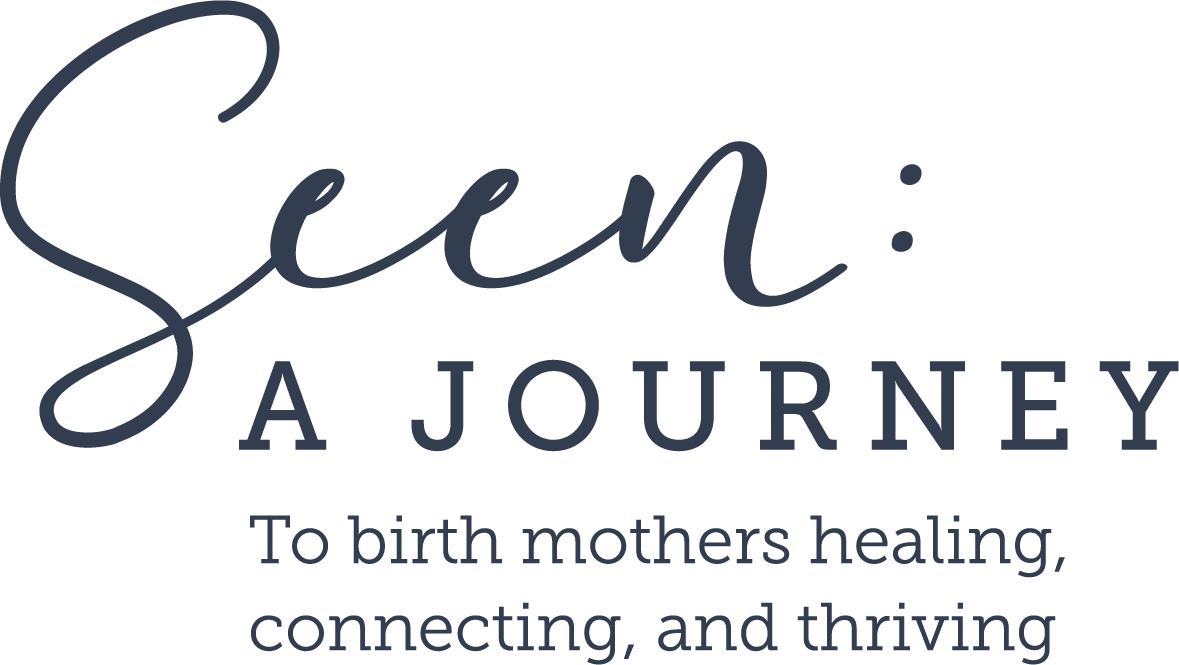Motherhood is often portrayed as a joyous and fulfilling experience, but the journey of motherhood is not always straightforward. For some women, the difficult decision to place their child for adoption can lead to a profound sense of “otherness” that permeates various aspects of their lives. I want to share my personal experience of feeling like I didn’t fit in with my single friends, married friends, or friends with children after placing my daughter for adoption.
When I made the difficult choice to place my daughter for adoption, I anticipated a range of emotions. However, what I didn’t anticipate was the sense of isolation and “otherness” that followed. As I navigated the aftermath of my decision, I found myself feeling like a misfit in my social circles.
Placing My Child For Adoption Made Me Feel “Othered”
I was single, so relating to my single friends seemed like a no-brainer. But I found that my single friends were busy exploring their careers, dating, and enjoying carefree lifestyles. While I tried to do the same, I found I was constantly pushing down my emotions, which seemed to follow me everywhere. I felt I had to bury them just to fit in. How could they relate to me, or I to them? I was now a mom—or was I?
On the other hand, my married friends were caught up in the whirlwind of their relationships and shared responsibilities. Their conversations centered around marital issues, home-buying, and future plans for starting a family. It became increasingly challenging for me to participate in these discussions, as I had lost my relationship with my daughter’s father, as well as my relationship with her. I felt like an outsider looking in, unable to contribute meaningfully to their experiences or fully grasp the challenges they faced.
Perhaps the most challenging dynamic to navigate was with friends who had children of their own. While they empathized with my difficult decision, the experience of placing my daughter for adoption set me apart from their own parenting journeys. Conversations became focused on the intricacies of raising children, milestones, and the shared joys and challenges of parenthood. Although I shared their love for children, I couldn’t relate to their day-to-day experiences of being a parent. My child was gone, and I once again pushed my emotions and myself away. This divide, though unintended, created a sense of alienation that further deepened my feelings of being “othered.”
I Didn’t Fit In When I Placed My Daughter For Adoption
The constant feeling of not fitting in with any particular social group took a toll on my self-identity. I questioned my worth as a woman, friend, and sometimes family member. The isolation and longing for connection became overwhelming at times as I yearned for understanding and acceptance. It felt as if I had become invisible, lost in the sea of experiences that no longer mirrored my own.
In the midst of my struggles, I eventually realized the importance of seeking out support and finding a community of individuals who could empathize with my unique situation. What I didn’t realize was that connecting with other birthmothers who had also placed their children for adoption would provide a sense of solace and understanding. We could share our stories, fears, and hopes, creating a space where our experiences were not only validated but also celebrated. Unfortunately, it took years for me to realize there were other birthmothers out there looking for the same connection. If only I had realized that sooner.
Self-Acceptance Breeds New Connections With Others
While it is natural for relationships to evolve over time, it is also essential to rebuild bridges with the friends who were once an integral part of our lives. Opening up honest conversations about our experiences can foster empathy and deepen understanding. By explaining my journey and the emotions I experienced, I found that some friends were willing to meet me halfway, embracing our differences and celebrating our shared bond beyond motherhood.
The decision to place a child for adoption is a deeply personal and complex one, with far-reaching effects on all aspects of a birthmother’s life. Feeling “othered” can be a natural consequence of this journey, as we find ourselves in unfamiliar territory, struggling to fit into social groups that no longer mirror our experiences. However, by seeking support from other birthmothers and opening up honest conversations with our friends and family, we can rebuild bridges and find solace in knowing that our unique journey is valued and appreciated. Together, we can work towards creating a more holistic and healthy approach to adoption. Showing it for what it truly is: an act of love.
Getting Help For Birthmothers Who Need Connection
If you are a birth mother or know one who needs to connect to women like her, reach out to us at Abiding Love Charities for free resources and support for women who have placed children for adoption.


